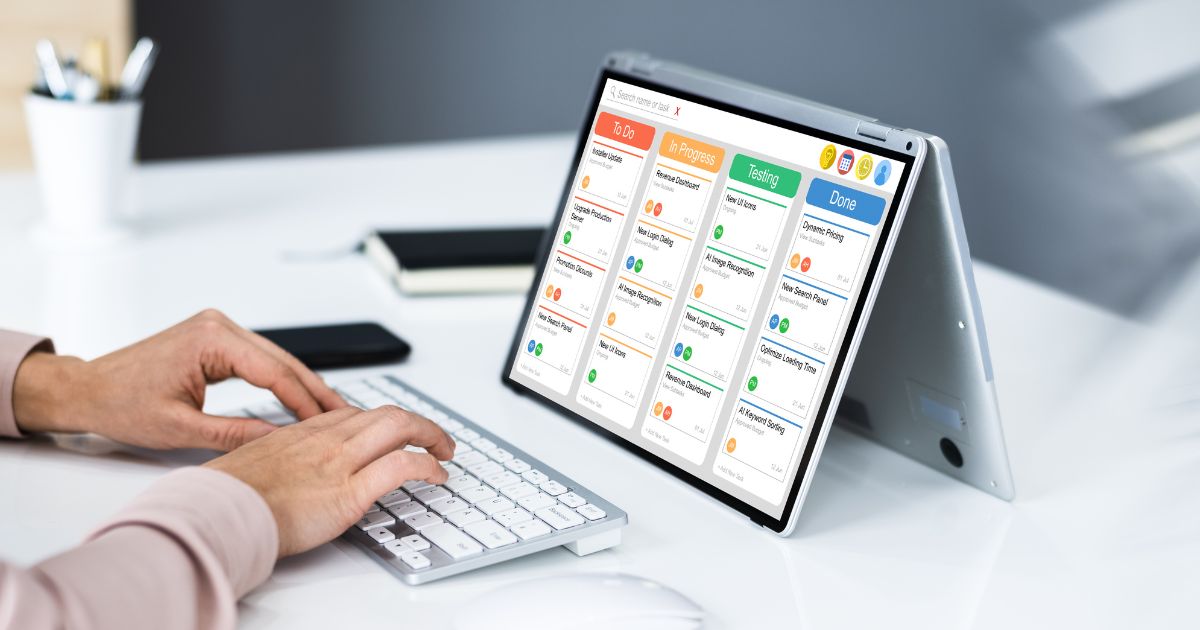Hospital Management Software (HMS) is a comprehensive digital solution designed to streamline and optimize the administrative, clinical, and financial operations of healthcare institutions. This article delves into the functionalities, benefits, and impact of HMS in the healthcare sector, emphasizing its role in enhancing efficiency, improving patient care, and fostering a more organized healthcare ecosystem.
Overview:
Hospital Management Software, also known as Healthcare Information Management Systems (HIMS) or Hospital Information Systems (HIS), is a specialized software solution tailored to meet the unique needs of healthcare facilities. It integrates various modules to automate and centralize processes, facilitating seamless communication and coordination among different departments within a hospital.
Key Features and Functionalities:
- Patient Registration and Records Management:
- HMS facilitates efficient patient registration, capturing and managing essential demographic information.
- It maintains a centralized electronic health record (EHR) system, ensuring secure storage and easy retrieval of patient data.
- Appointment Scheduling:
- Enables online appointment scheduling for patients, reducing waiting times and enhancing the overall patient experience.
- Integrated calendars allow staff to manage appointments, allocate resources, and optimize scheduling.
- Billing and Financial Management:
- Automates billing processes, including insurance claims, reducing manual errors and improving accuracy.
- Provides financial reporting tools for budgeting, forecasting, and auditing purposes.
- Electronic Prescriptions and Medication Management:
- Enables healthcare providers to generate electronic prescriptions, enhancing accuracy and reducing the risk of medication errors.
- Tracks medication usage, manages inventory, and alerts staff to potential drug interactions.
- Clinical Decision Support Systems (CDSS):
- Integrates CDSS to assist healthcare professionals in making informed decisions by providing evidence-based recommendations.
- Enhances diagnostic accuracy and ensures adherence to best practices.
- Laboratory and Imaging Integration:
- Integrates with laboratory and imaging systems, streamlining the ordering, processing, and reporting of diagnostic tests.
- Enables healthcare providers to access and interpret test results digitally.
- Human Resource Management:
- Manages staff scheduling, attendance, and payroll, optimizing workforce management.
- Assists in training and development programs for healthcare personnel.
Benefits of Hospital Management Software:
- Improved Efficiency:
- Automation of routine tasks reduces manual workload, allowing healthcare professionals to focus on patient care.
- Streamlined processes enhance overall operational efficiency and reduce delays.
- Enhanced Patient Care:
- Centralized patient records improve information accessibility, leading to better-informed medical decisions.
- Quick access to patient history facilitates timely and accurate diagnoses.
- Cost Savings:
- Automation of billing processes and insurance claims reduces administrative costs.
- Efficient resource allocation and management contribute to overall cost savings.
- Compliance and Data Security:
- Ensures compliance with healthcare regulations and standards.
- Implements robust security measures to protect patient data and maintain confidentiality.
- Decision Support and Analytics:
- Provides valuable insights through data analytics, aiding in strategic decision-making.
- Supports evidence-based practices and continuous quality improvement.
Challenges and Considerations:
- Implementation Costs:
- Initial setup costs and staff training can pose financial challenges for healthcare institutions.
- Interoperability:
- Integration with existing systems and achieving interoperability can be complex.
- Standardization efforts are ongoing to address interoperability challenges in the healthcare IT landscape.
- Resistance to Change:
- Resistance from staff members to adapt to new technologies may hinder the successful implementation of HMS.
Global Adoption and Regional Variances:
While HMS is a global phenomenon, its adoption rates and specific features may vary based on regional healthcare practices, regulatory environments, and technological infrastructure. Developed healthcare systems often have more advanced and integrated HMS solutions, while emerging economies may experience growth in adoption as healthcare infrastructure improves.
Conclusion: Driving Healthcare Transformation:
Hospital Management Software continues to evolve, driven by technological advancements and the ever-changing landscape of healthcare. As the healthcare industry embraces digital transformation, HMS stands as a cornerstone in driving efficiency, improving patient outcomes, and ensuring the overall sustainability of healthcare systems. The ongoing integration of cutting-edge technologies and the emphasis on patient-centric care position HMS as a key player in shaping the future of healthcare management worldwide.



